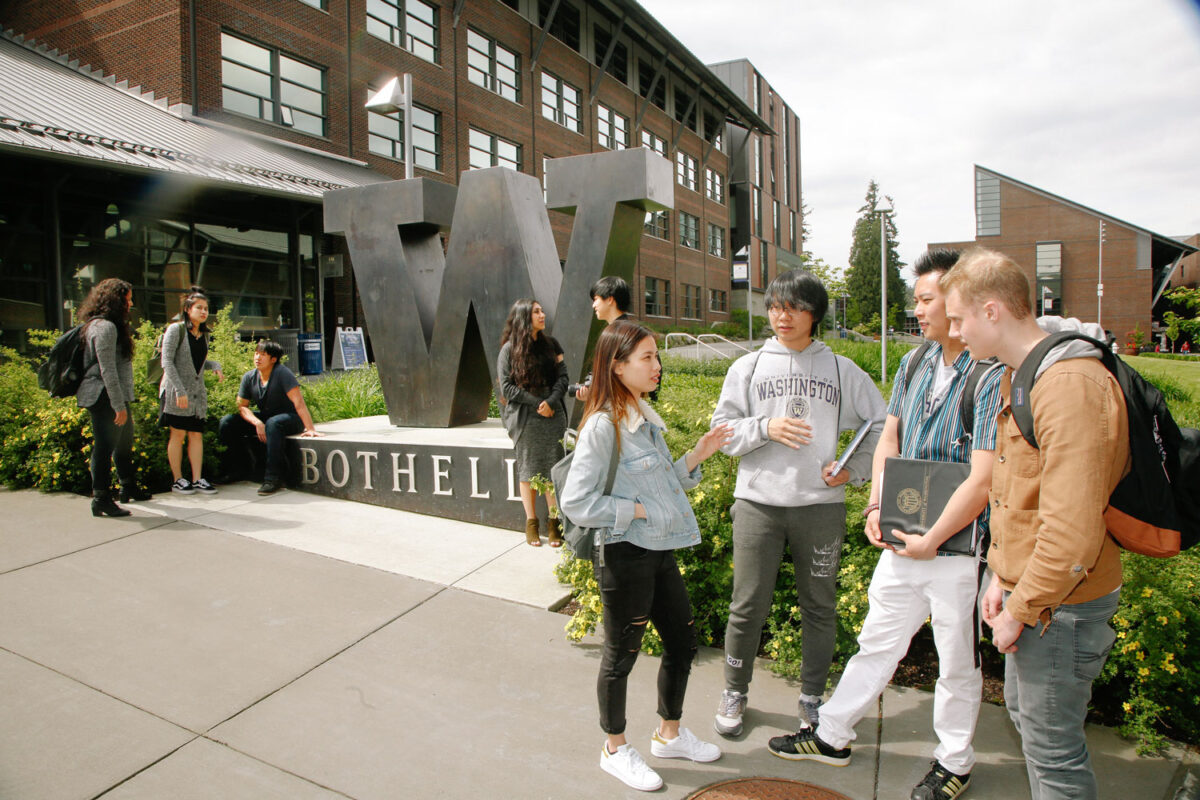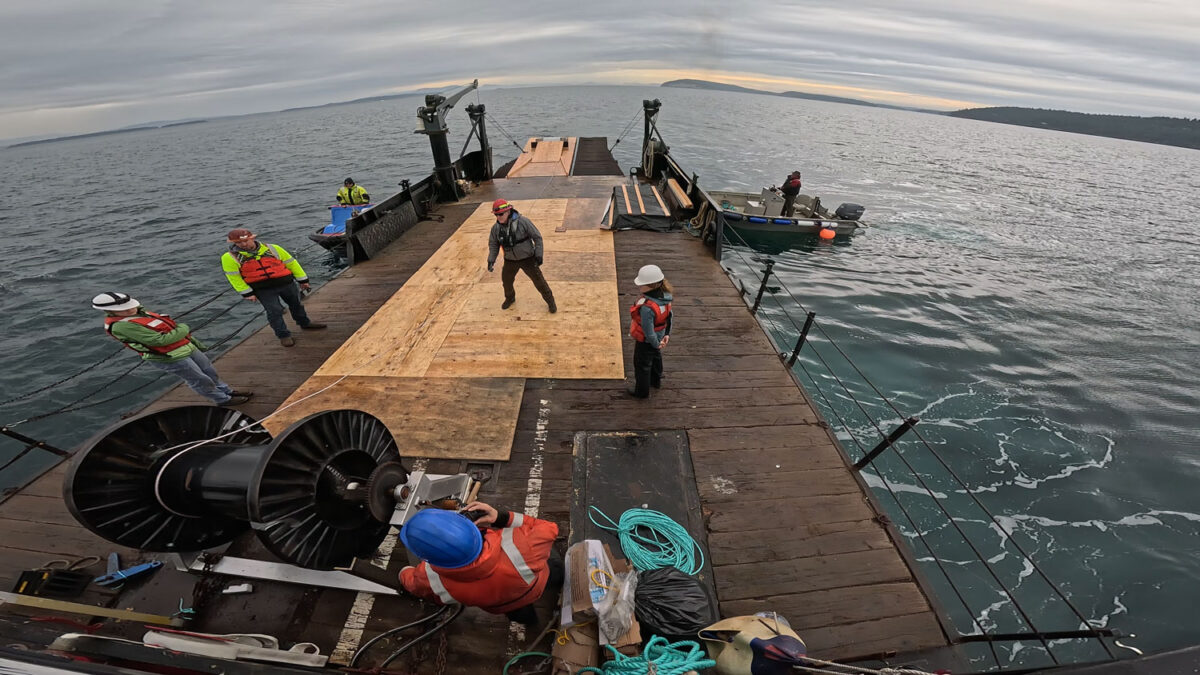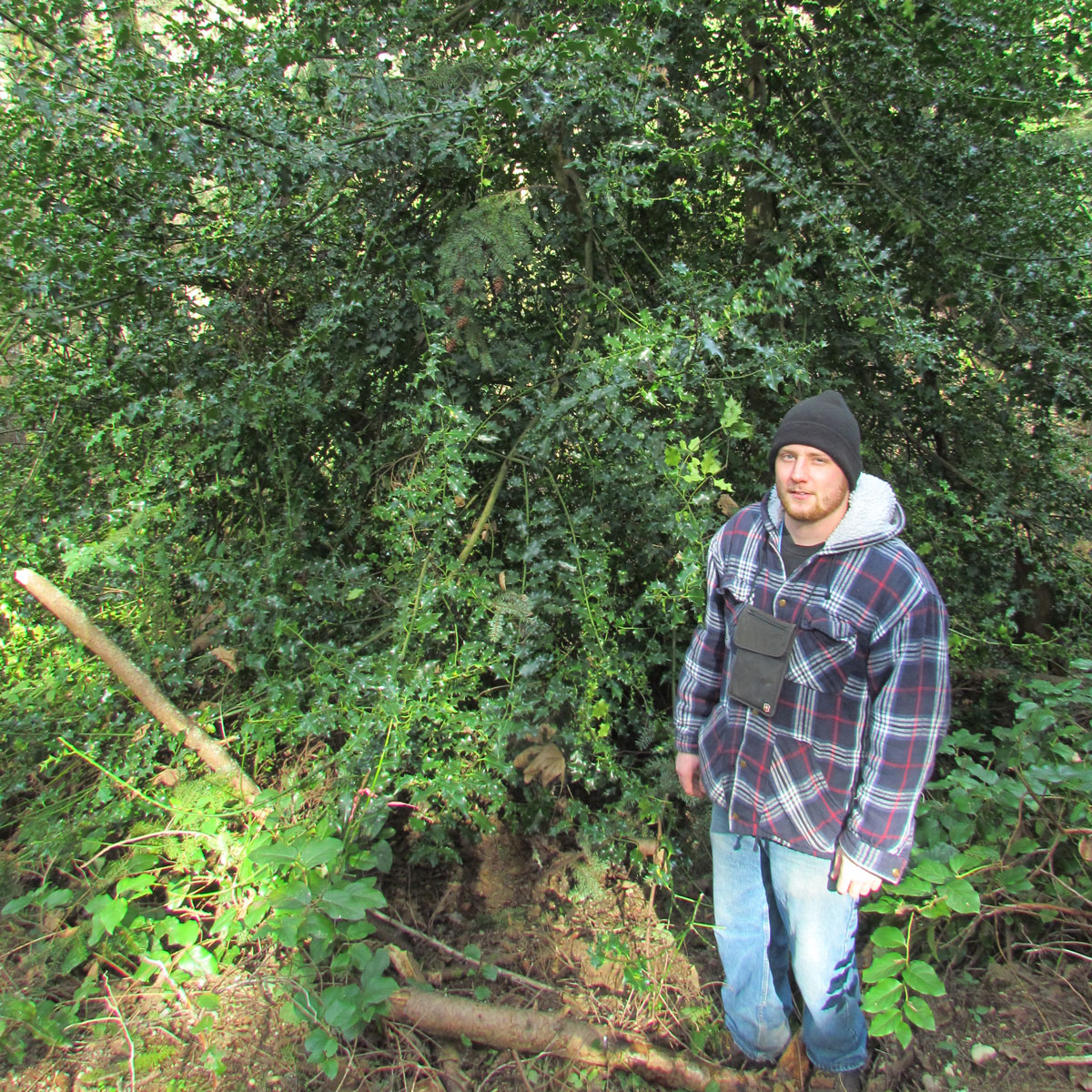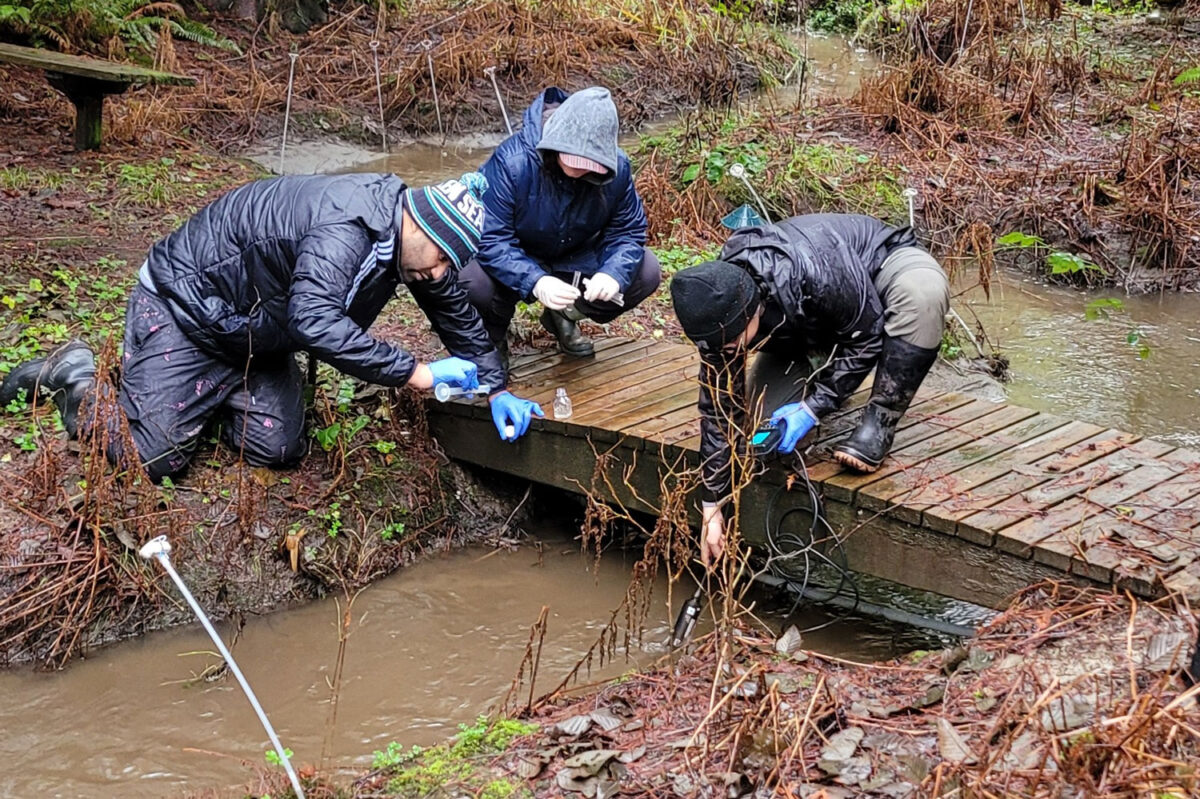The importance of social networks in modern society is widely taken for granted. In education and in the labor market, network ties and structures are often beneficial in accessing competitive colleges and lucrative jobs. Who you know, in addition to what you know, can give you an edge in a pool of candidates.
According to Dr. Joseph Ferrare, associate professor in the University of Washington Bothell’s School of Interdisciplinary Arts & Sciences, previous research has confirmed that college students’ social networks serve as the primary mechanism through which they seek academic and career-oriented support.
“This includes leveraging connections at various institutions and organizations to get interviews — and even hear about job openings before they are listed,” he said, noting that these networks can help candidates beyond just the initial interview, too.
“The majority of people who go out for a job are going to be qualified for it. What the hiring professionals want to know,” Ferrare said, “is what the person is going to be like to work with and whether they are trustworthy. Having someone at the company who can vouch for you makes a huge difference.”
The necessity of networks
While much is known about the value of student networks, less is known about how these networks form within institutions of higher education, and the ways that racial, class and other social dynamics shape these processes.
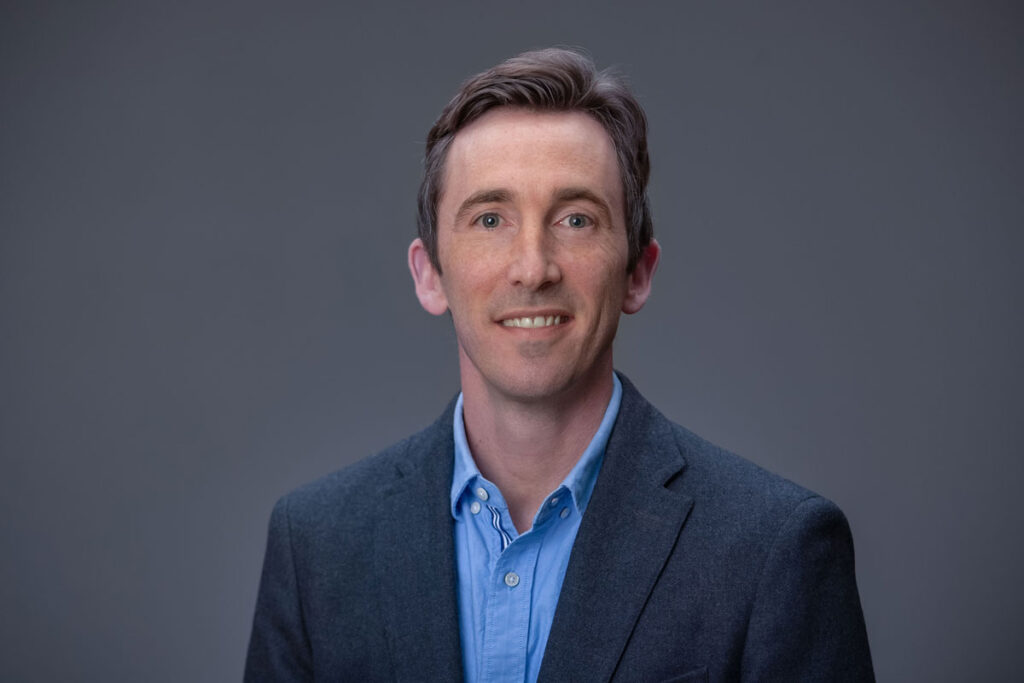
To close this gap in information, Ferrare has conducted two studies in recent years. The first involved longitudinal interviews with first-generation college students as they went from high school to college at a large research institution in the Southeast.
The second used cross-sectional survey and interview data collected from a smaller pilot study that involved graduating seniors at a small public university in the Pacific Northwest.
Transitions into and out of college represent key moments to observe these processes and intersecting constraints of network formation, Ferrare noted, because these are times when students must create and mobilize their networks to flourish in unfamiliar organizational contexts such as a new campus or job.
For the initial study, Ferrare focused on understanding how the organizational contexts of the university shaped how incoming students could create social capital, as well as the main factors that disrupt social capital — and for whom.
Space and social capital
During fall 2016 and spring 2017, Ferrare conducted 108 cumulative interviews with 62 incoming first-generation students in the Southeast. From these conversations, he learned that social networks often formed through campus-based organizations that actively brokered an initial affiliation that then snowballed into network formation and expansion.
Importantly, he noted, it only took one connection to start the snowball process. “I spoke to a number of veterans, and many of them mentioned veteran student affairs as a place where they were able to connect with peers and form those connections,” he said. “For other students, the Greek system was a way to meet new people and form new friendships.”
In addition to campus-based organizations, Ferrare also found that physical spaces can be a helpful medium in facilitating networks. “Whether it was cafes, study rooms or dorms, many students reported making that initial connection while enjoying these campus spaces, and that connection would then snowball into a flourishing network.”
His research also revealed that there are certain students who, despite having the capacity for network building, have experiences that make it difficult for them to do so.
“This includes students from marginalized groups, first-generation students or those who experience financial instability,” he said. “Despite our best intentions, we cannot shield every student from the harsh reality that the inequities that we have in society can also be present on campus.”
Because of this, Ferrare said, it is imperative that faculty and staff have their eyes and ears on student clubs and spaces such as the Student Diversity Center at UW Bothell. “We need to be hearing from these students regularly,” he said, “because when these factors are at play, we can at least bring to the table the resources that we have — such as mentorships and scholarships — to help mitigate them.”
Challenges of connecting
Ferrare had expected these research findings. What he had not anticipated was students’ reaction to leveraging their social networks. “They felt negatively and didn’t want to advance just because they happened to know somebody who could connect them to an opportunity. They wanted their upward mobility to be based on their own merits.
“I found this shocking,” he said, “because that is absolutely not how the world works. In an ideal world, yes, maybe you would want it to be that way, but it simply isn’t so. It’s extraordinarily difficult to navigate modern society outside of our network connections, and it’s extremely important to educate our students on that and the process.”
The students’ perception inspired Ferrare’s second study, conducted in winter 2021, which explored sources of information students draw on as they navigate the college-to-career transition. This pilot study included 104 racially diverse students who were in their final year of school — and what he found was equally surprising.
“When it came to applying for jobs or job searching, the majority of students’ sole source of information was the internet,” he said. “They were not making use of any of the campus resources or their professional networks. To me, that’s troubling because in my opinion the primary value of higher education today is the relationships you build because the actual content you can get elsewhere.
“I really think that the days where the university was all about the scarcity of knowledge are over,” Ferrare said. “Now, our principal contribution is that we have the ability to both foster relationships on campus and then connect students to relationships off campus through things such as alumni networks — and through our own connections to employers and to graduate programs.
“And all of this in addition to the networks and ties students build independently in their four years.”
“We have the ability to both foster relationships on campus and then connect students to relationships off campus through things such as alumni networks — and through our own connections to employers and to graduate programs.” –
Dr. Joseph Ferrare, associate professor, School of Interdisciplinary Arts & Sciences
Putting networks to work
In his second study, Ferrare also found that individual students tended to use only one strategy for seeking career advice — such as turning only to family and friends; only to university ties such as professors, staff and career services; or only to personal research online.
Based on these insights, he plans to share his research with campus leaders, faculty and staff to explore how programs at UW Bothell can be grounded in social network theory. “I want to really lean into the fact that, if not our most important asset, one of our most important assets is our ability to foster relationships.”
Ferrare is equally interested in thinking about the ways UW Bothell can measure its success in this area. “We have many metrics, but one metric we don’t have is the quantity or quality of relationships that students have built,” he said. “I want to think about how we can begin to capture that data so we can better understand what we are doing well, as well as what we can improve on.
“At the end of the day,” he said, “what we want is for students to make connections so that they can then make a future.”
Dr. Joe Ferrare’s advice for students:
- Map out what your network includes even now. Who do you go to for advice about situations in your life whether personal or professional? Realize that you already have access to amazing resources because of these people you know — and think about growing your network from there.
- Put yourself in new situations and environments. Try a class outside your major, join a student club or go to parties where you may not know many people. Become comfortable with that initial discomfort.
- Places that are out of your comfort zone are where you will connect with people outside of your current network. You’ll then gain access to their novel information and the benefits that come from making meaningful connections.

